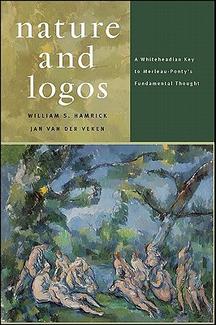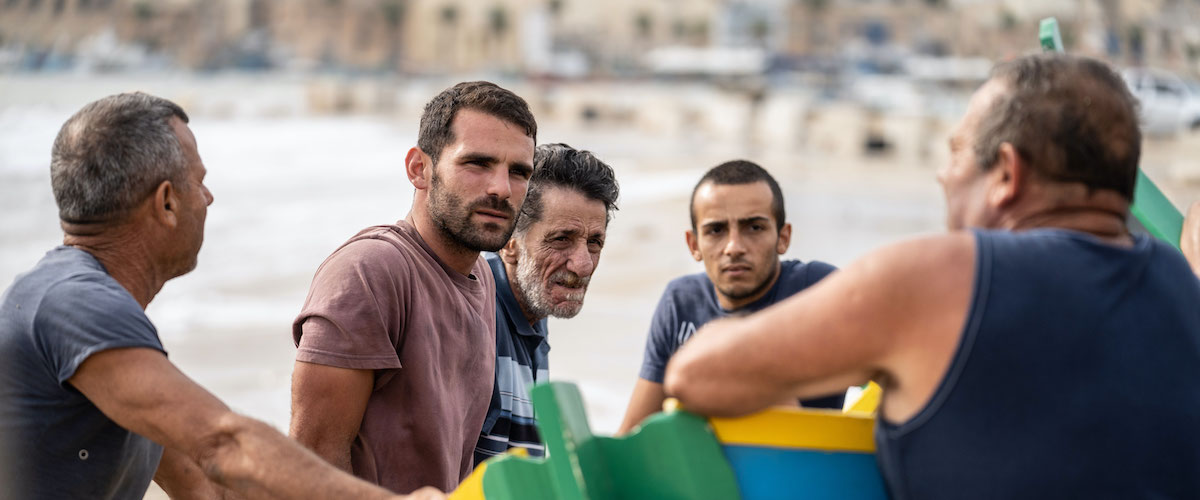The Slow Whittling Away
of Tradition by Modernity
Those of us in the process world sometimes valorize “novelty” as if it were almost always a good thing. We see the Those of us in the process world sometimes valorize “novelty” as if it were always a good thing. We see the universe as a creative advance into novelty. The theists among us add that God is “the organ of novelty” within the universe. God, we say, is not above the universe or outside the universe; God is the mind of the universe, a reservoir of pure potentials - the means by which fresh possibilities, and thus novelty, enter the world. Faith, we add, requires openness to novelty, openness to change, and a concomitant refusal to make a god of past achievements. Faith and a sense of adventure go hand in hand.
Sometimes in our enthusiasm for novelty, we overstate the case. We forget that novelty as such - sheer newness - is not always good. Some fresh possibilities are deeply ambiguous if not downright destructive. The novelty of atomic weaponry, for example, or the novelty of western modernity. With its emphasis on progress through economic globalization, western modernity entails a whittling away of tradition and local community, and thus the loss of traditional ways of living with their own kind of beauty, Fishing in Malta, for example, as seen below.
This “whittling away” is experienced by local communities, especially those in working classes, as a loss of livelihood and purposes, family life and community. People long for the "good old days" however imagined. Politicians sense their grievances and promise a return to the past, a restoration of balance and order. This longing for a return is one of the primary faces of populisms around the world: economic, nationalistic, and, unfortunately, racial and ethnic.
Process philosophers among us know that such a return is impossible, and we likewise know that some aspects of the yearned for past are quite destructive. A return to racism? To inequality? To a neglect of the vulnerable? To hatred? We don't want that.
But we also understand the past contained value and beauty, and that any future worth living toward must work to include that value and beauty. A future worth working toward need not be pre-modern but it need not be modern. It can be, in the language of Zhihe Wang and Meijun Fan, “constructively” post-modern.” And a constructively post-modern future requires not only economic opportunity and freedom from drudgery, but also a sense of peoplehood. As Pope Francis puts it: "To be part of a people is to be part of a shared identity arising from social and cultural bonds. And that is not something automatic, but rather a slow, difficult process… of advancing towards a common project”
What is this common project? Pope Francis calls it an integral ecology that includes mutually-enhancing relations among people and mutually-enhancing relations with the more-than-human world: the Earth and its many forms of life. These relations include "social and cultural bonds" at local levels or what we process philosophers call compassionate communities. In such communities rituals and traditions play a tremendously important role. They are what is so often lost in the slow whittling away of tradition.
The challenge of our time is to find ways of nurturing local communities that preserve the best of the past while moving beyond the worst of the past, finding genuinely “novel” ways of combining past and present in fruitful ways. Call it process populism, if you will. This kind of populism does not make a god of nations or ethnic groups, but it does require creative localization: that is, a preservation of the rituals, customs, and experiential value of local communities and their ways. In a world worth working toward, there are Maltese fishing boats.
- Jay McDaniel, Oct. 18, 2021
Sometimes in our enthusiasm for novelty, we overstate the case. We forget that novelty as such - sheer newness - is not always good. Some fresh possibilities are deeply ambiguous if not downright destructive. The novelty of atomic weaponry, for example, or the novelty of western modernity. With its emphasis on progress through economic globalization, western modernity entails a whittling away of tradition and local community, and thus the loss of traditional ways of living with their own kind of beauty, Fishing in Malta, for example, as seen below.
This “whittling away” is experienced by local communities, especially those in working classes, as a loss of livelihood and purposes, family life and community. People long for the "good old days" however imagined. Politicians sense their grievances and promise a return to the past, a restoration of balance and order. This longing for a return is one of the primary faces of populisms around the world: economic, nationalistic, and, unfortunately, racial and ethnic.
Process philosophers among us know that such a return is impossible, and we likewise know that some aspects of the yearned for past are quite destructive. A return to racism? To inequality? To a neglect of the vulnerable? To hatred? We don't want that.
But we also understand the past contained value and beauty, and that any future worth living toward must work to include that value and beauty. A future worth working toward need not be pre-modern but it need not be modern. It can be, in the language of Zhihe Wang and Meijun Fan, “constructively” post-modern.” And a constructively post-modern future requires not only economic opportunity and freedom from drudgery, but also a sense of peoplehood. As Pope Francis puts it: "To be part of a people is to be part of a shared identity arising from social and cultural bonds. And that is not something automatic, but rather a slow, difficult process… of advancing towards a common project”
What is this common project? Pope Francis calls it an integral ecology that includes mutually-enhancing relations among people and mutually-enhancing relations with the more-than-human world: the Earth and its many forms of life. These relations include "social and cultural bonds" at local levels or what we process philosophers call compassionate communities. In such communities rituals and traditions play a tremendously important role. They are what is so often lost in the slow whittling away of tradition.
The challenge of our time is to find ways of nurturing local communities that preserve the best of the past while moving beyond the worst of the past, finding genuinely “novel” ways of combining past and present in fruitful ways. Call it process populism, if you will. This kind of populism does not make a god of nations or ethnic groups, but it does require creative localization: that is, a preservation of the rituals, customs, and experiential value of local communities and their ways. In a world worth working toward, there are Maltese fishing boats.
- Jay McDaniel, Oct. 18, 2021


